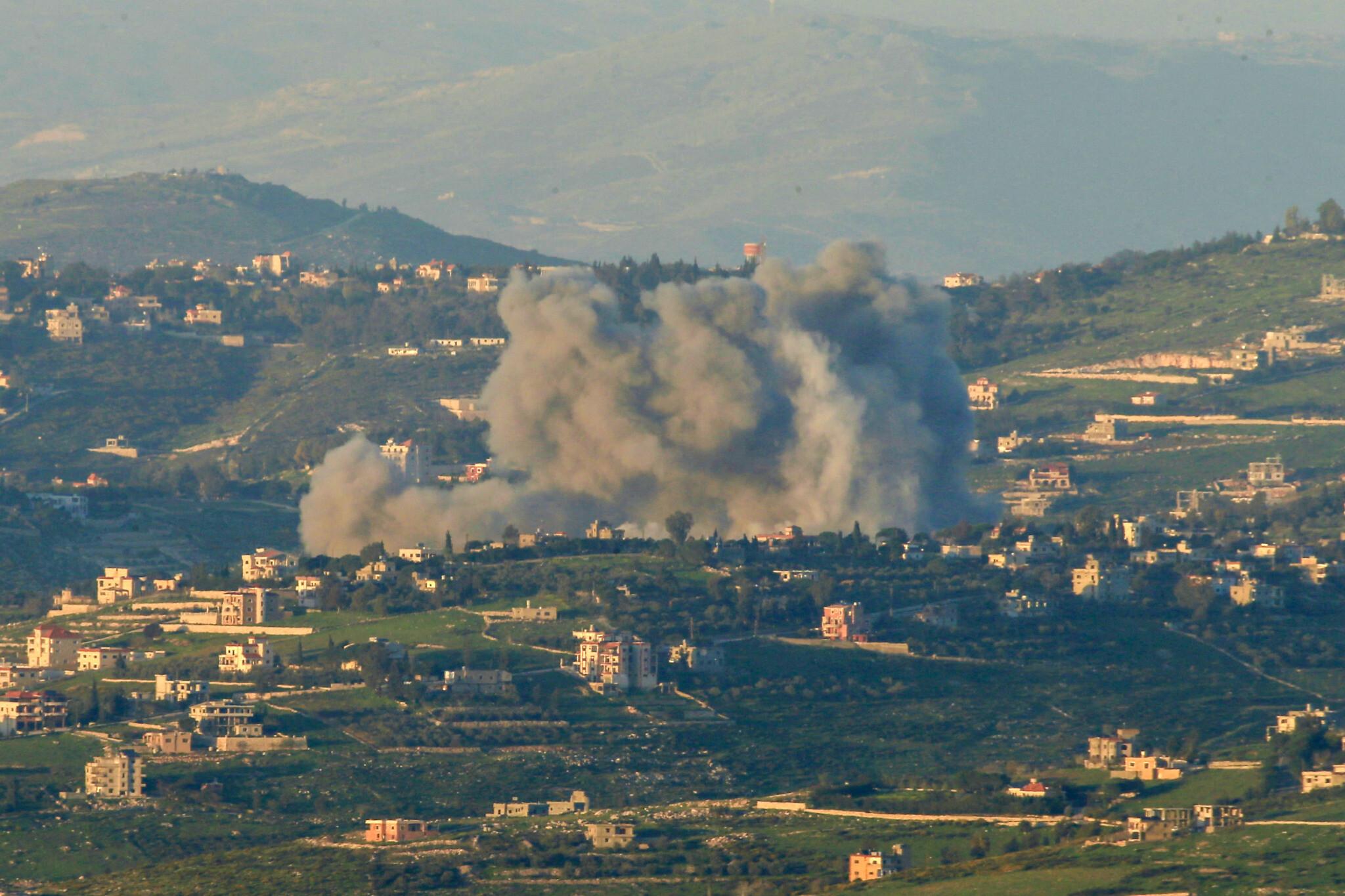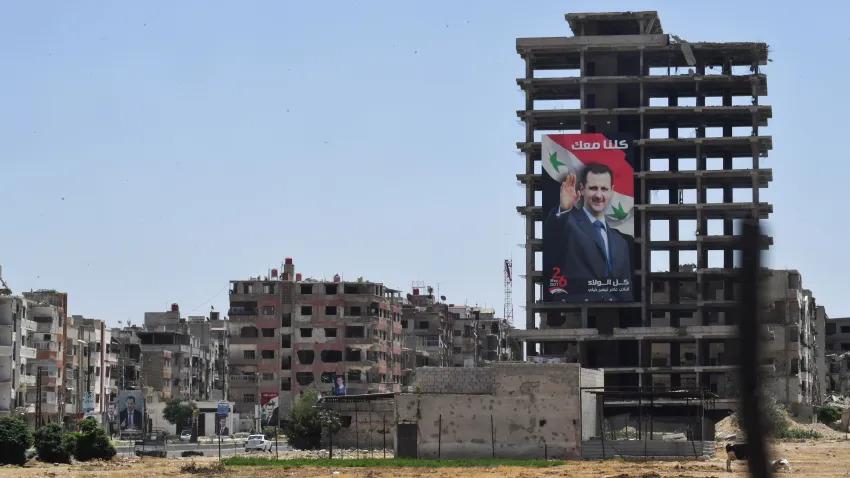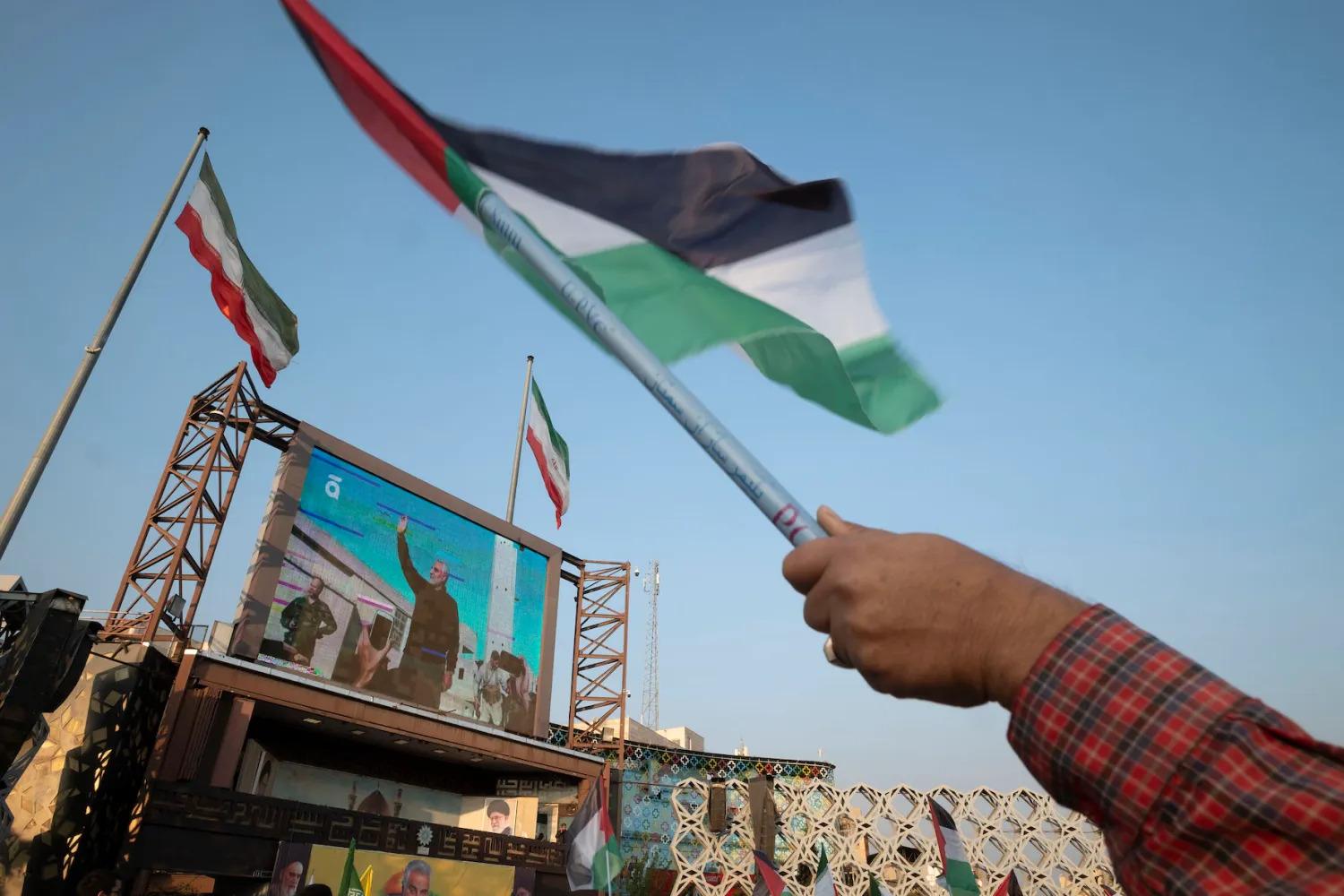Will Israel go on Hezbollah with total war? Harnessing more support
Since November 2023, Israel and Iranian proxy wars have been locked in a costly and devastating war with mounting human casualties on both sides and no clear sign of end anytime soon. Now, this violence is in danger of escalating into a fuller, more devastating war with the involvement of notorious non-state actors like Lebanon-based Hezbollah.
While the war in Gaza is going full, Israel threatened a large-scale attack on Lebanon if Hezbollah does not pull back from Israel’s northern border. The intensification of Hezbollah fire against neighbouring territory and the depth of Israeli strikes in Lebanon has given rise to fears that the fragile balance of deterrence could spin out of control.
Indeed, the open war between Hezbollah and Israel would be disastrous as all attempts to mediate some de-escalation on the Lebanon-Israel front seem unfruitful. To date, Israel and the Lebanon-based militant group have kept their conflict below the threshold of all-out war, preferring tit-for-tat responses to various provocations. Yet this apparent restraint does not mean that Hezbollah and Israel do not want war.

Since the war unfolded, many countries, including Israel, directly accused Iran of plotting sabotage against Tel Aviv and supporting Hamas militants in their October attack. However, as the war rages in the Gaza Strip and border areas with Lebanon, it also enables Israel to test Hezbollah's strategic capabilities.
Experts argue that any serious spread of the war into Lebanon would mean Israel fighting on two fronts, which in turn would probably necessitate US intervention to aid Israel. This would draw Iran itself nearer to war – something Tehran is keen to avoid.
On its part, Israel also wants to avoid direct confrontation with Iran, limiting its involvement with careful hits on Hezbollah sites and personnel, exposing the vulnerability of Hezbollah’s military and security apparatus. As a result of continuous strikes, Hezbollah witnessed critical damage to its military infrastructure and human resources.
Since the launch of Israeli attacks, the Hezbollah military expressed heavy losses, particularly among high-level command. Before the Gaza War, Hezbollah’s forces had acquired valuable experience fighting alongside the Syrian military in that country’s more than decade-long civil war.

Seemingly, neither Israel nor Hezbollah is eager to change the "rules of the game" and initiate large-scale attacks on each other and trigger the involvement of external actors in this war. Consequently, Hezbollah apprehends that its military and human resources cannot be compared to Israel, which has a far better equipped and trained military with technical capabilities for conducting overseas operations.
Israeli strikes have killed more than 300 in Lebanon, including over 220 Hezbollah militants and 40 civilians. Israel has targeted senior Hezbollah operatives and struck more deeply into the Lebanese interior, including an airstrike in Beirut’s southern suburbs in January that killed a top Hamas official. It has also more freely targeted Iranian and Hezbollah personnel in Syria.
Not only is Hezbollah an important part of this axis, but so is Hamas. Despite the possibility of a pause in the fighting in the coming weeks, the Israelis are determined to capture and/or kill the Hamas leadership and render the group incapable of being an organized threat to the state of Israel. Despite intensive bombings and overseas operations against Hamas leaders, Israel will unlikely succeed in eliminating Hamas permanently, considering its vocal support from countries like Iran and Qatar.

Today, Hamas and Hezbollah have been joined by the Yemeni Houthis, a Zaydi Shia group, in attacking Israel. Along with pro-Iran Shia militias in Iraq and various actors in Syria, they form Iran’s Axis of Resistance to Israel and the United States.
The Houthis had modelled themselves after Hezbollah but had never actually targeted Israel until December 2023, when they launched drones against Israel. Now, they are routinely attacking merchant ships in the Red Sea, significantly disrupting shipping at Israeli ports.
Notwithstanding Iran's support, the US urges Israel not to attack Hezbollah directly in order to provoke a reaction from Tehran and other proxy groups that could significantly destabilize the situation in the fragile region. There is no end to the war in Gaza as Israel will attempt to inflict additional grave damage on Hamas and Hezbollah-affiliated groups to eliminate the security-related threats against itself.








